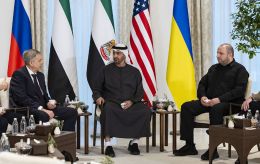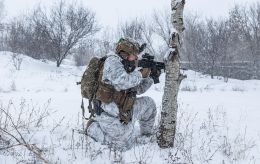Ukrainian actors who Soviet regime tried to silence
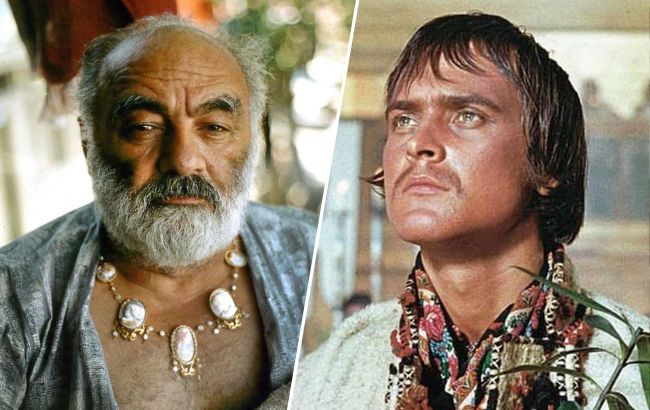 These actors frightened the Soviet authorities (collage: RBC-Ukraine)
These actors frightened the Soviet authorities (collage: RBC-Ukraine)
In the USSR, Ukrainian culture, like language, art, and freedom of self-expression, was suppressed for years. Those who dared to challenge the norms were persecuted, restricted, and silenced. Here are Ukrainian actors whose art frightened the Soviet authorities.
Les Kurbas (1887–1937)
Director, actor, and founder of the Berezil Theater. A man who modernized Ukrainian theater culture. He combined local traditions with European styles and opened the path to success for many prominent artists.
His theatrical experiments, pursuit of new ideas, and the deep national content of his productions were seen as a break from Soviet ideology. After staging "People's Malakhii" and "Myna Mazailo" based on Kulish's plays, Kurbas was removed from the Berezil Theater. In 1933, he was arrested and sentenced to five years in labor camps.
Even under such conditions, he continued staging plays. However, in 193,7 he was sentenced to execution in Sandarmokh. His name was banned for decades and only rehabilitated in 1957.
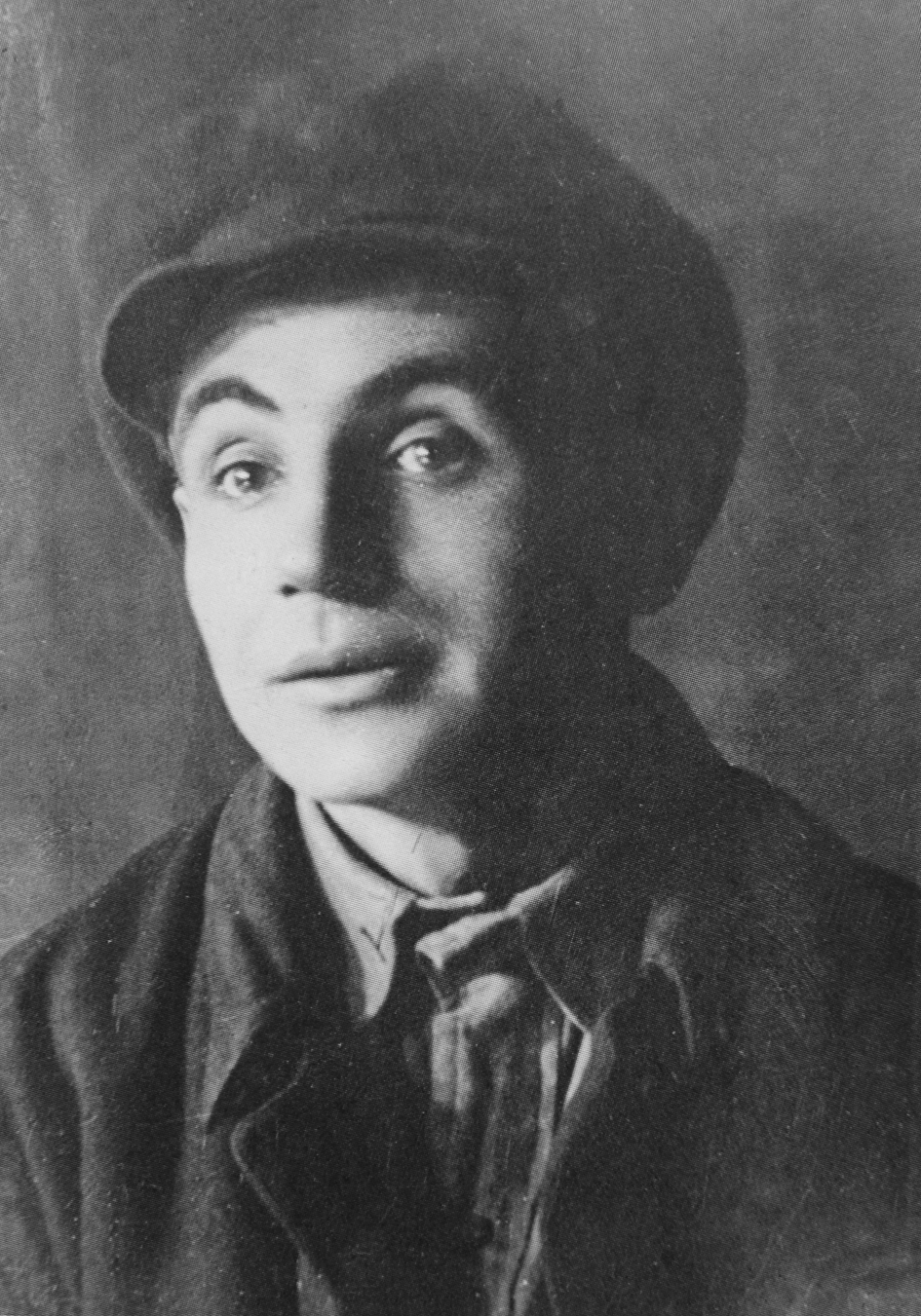 Les Kurbas (photo: Wikipedia)
Les Kurbas (photo: Wikipedia)
Ivan Mykolaichuk (1941–1987)
Film actor, director, screenwriter, and writer. A multifaceted artist, he gained fame for his portrayals of the young Shevchenko in the film "The Dream" and Ivan in "Shadows of Forgotten Ancestors." Everyone who worked on the latter drew special attention from the KGB, and Mykolaichuk was no exception.
He was first accused of nationalism during the production of the film "Annychka." An official complaint was filed against him, and he was labeled "ideologically hostile." Mykolaichuk insisted he was simply a patriot.
Despite international recognition, the film "The White Bird with a Black Mark" became another reason to accuse Mykolaichuk of "nationalism." He faced increasing obstacles in his professional career.
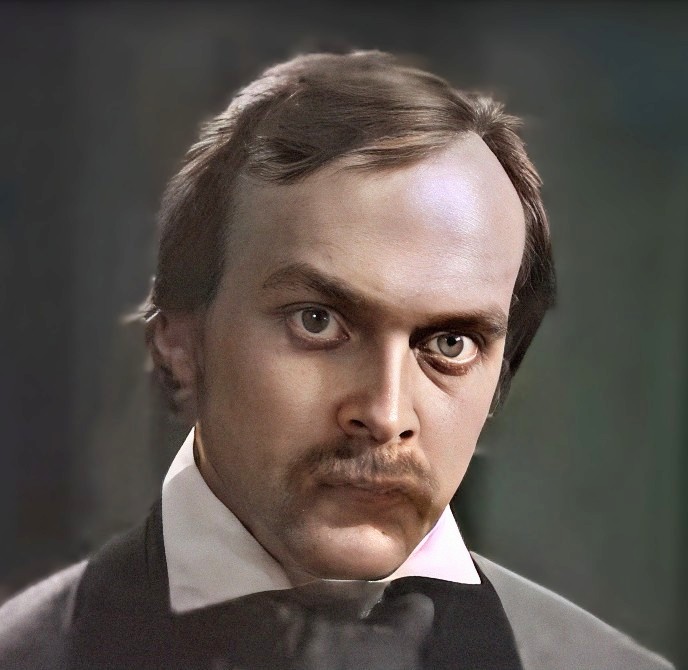
Ivan Mykolaichuk (photo: Wikipedia/Serp75Dnipro)
Petro Veskliar (1911–1994)
First on the radio, then on television, he became beloved by Ukrainian audiences as Grandpa Panas, who read bedtime fairy tales — often of his own creation. A mustachioed actor in an embroidered shirt didn't sit well with the Soviet elite.
His display of Ukrainian identity irritated the authorities, and they tried to shut down the program or replace him. However, outraged viewers flooded the editorial office with letters, and he was reinstated. Still, by 1988, he disappeared from the screen.
Petro's filmography includes over 20 films, such as "Oleksa Dovbush," "The Forest Song," "Vii," and others. He had one unique feature that was inconvenient for the time — an inability to learn Russian, a trait he enjoyed joking about.
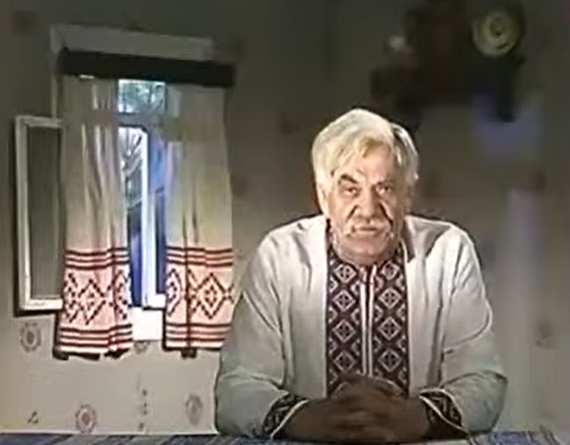
Grandpa Panas (screenshot)
Yanuarii Bortnyk (1897–1938) and Hanna Babiivna (1897–1979)
A Ukrainian actor and director, who was also destroyed by the Soviet regime for his expressions of national identity. He worked alongside Les Kurbas and, like other distinguished figures, was targeted by the authorities.
At age 40, he was sentenced based on false accusations of nationalism and affiliation with a counterrevolutionary organization. He was executed in Kyiv. After his death, his name was erased from theater history and was only rehabilitated in the 1950s.
His wife, an actress at the Berezil Theater, was abducted at the same time and sent to the GULAG for five years, where she suffered constant abuse. After her release, she returned to the theater but never achieved great success again.
.jpg) Yanuarii Bortnyk and Hanna Babiivna (collage: RBC-Ukraine)
Yanuarii Bortnyk and Hanna Babiivna (collage: RBC-Ukraine)
Serhii Parajanov (1924–1990)
"An Armenian who sat in a Russian prison for Ukrainian nationalism" — this is how the renowned director and actor described himself. His "Shadows of Forgotten Ancestors" brought worldwide fame to Ukraine and became a true phenomenon in cinema.
Parajanov's unique cinematographic style was full of national color, metaphors, and visual poetry. His works often clashed with Soviet art, and his criticism of the regime and support for Ukrainian artists further deepened mistrust. His films were censored, and he was forced to leave Kyiv due to persecution.
In 1973, he was arrested, allegedly for homosexuality, speculation, and distributing pornography. He was also accused of anti-Soviet activity and Ukrainian nationalism. Even while serving his sentence, he continued to create.
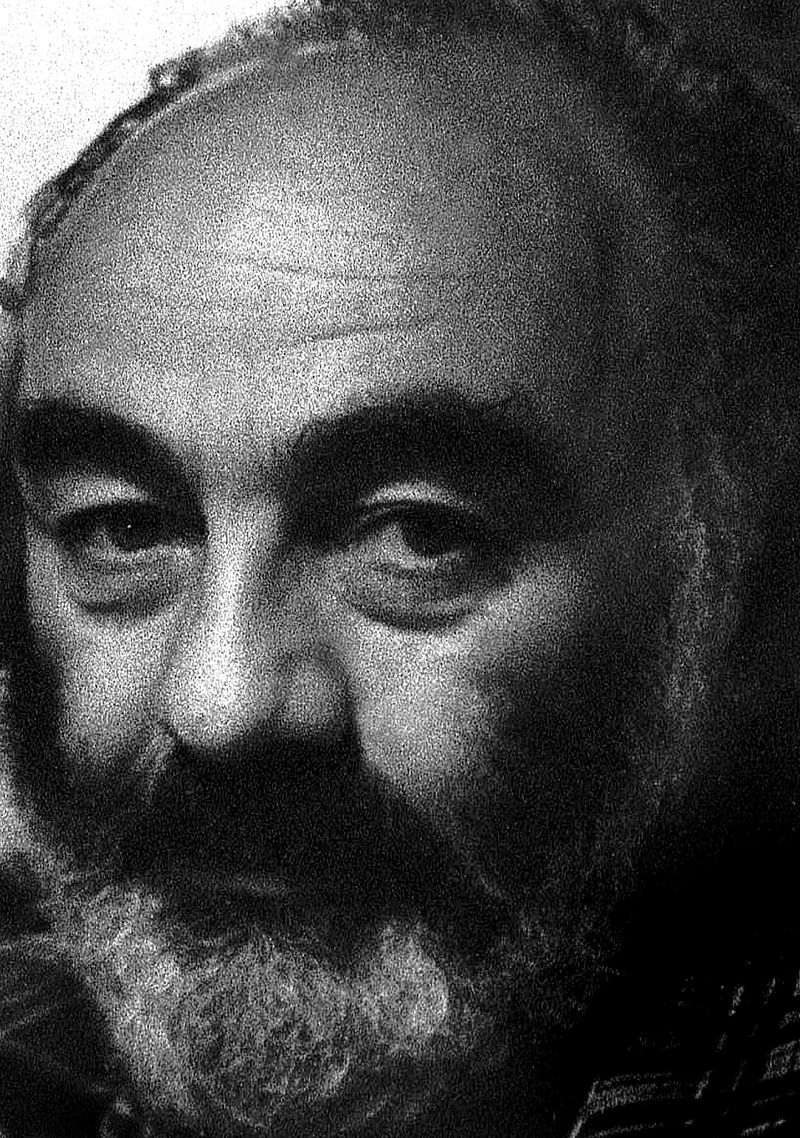
Serhii Parajanov (photo: Wikipedia/Yuri Mechitov)
Sources: websites uinp.gov.ua, wikipedia, tsdavo.gov.ua.
